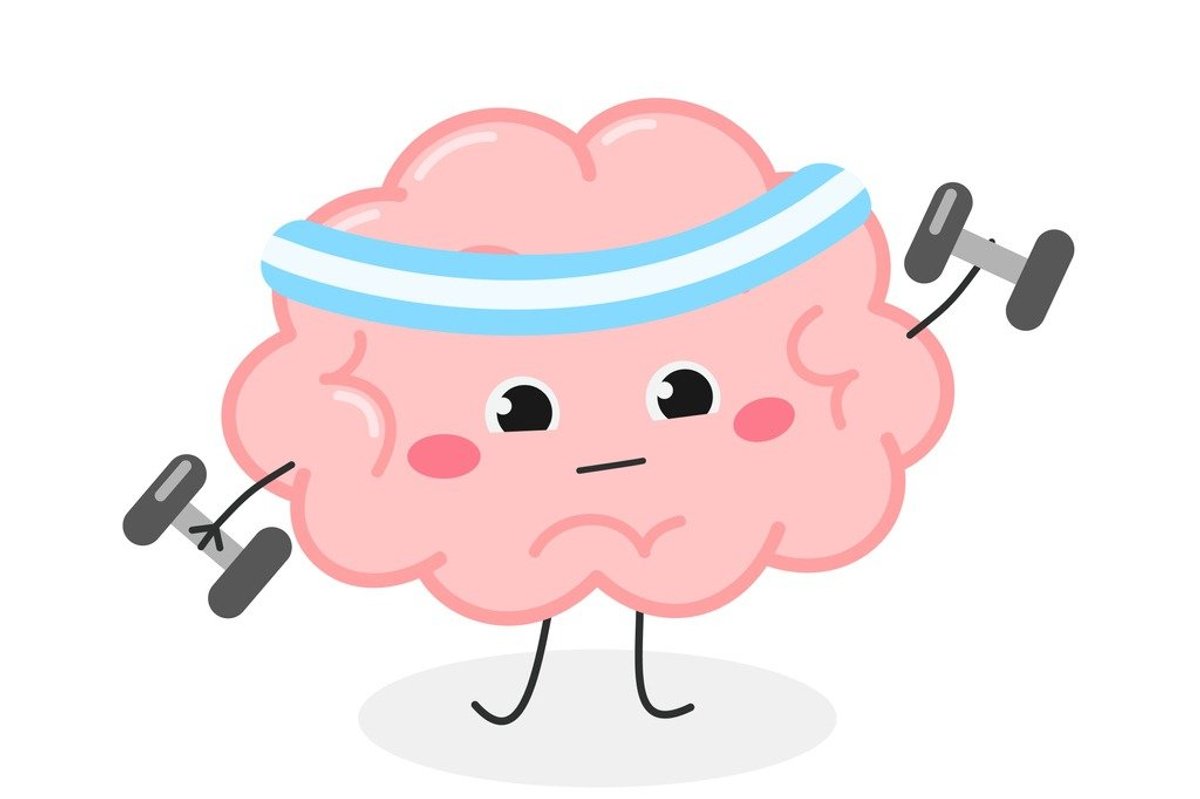June is Alzheimer's and Brain Awareness Month.
Your brain is a big deal. After all, you do use it every day. Just by simply existing, your brain uses more energy than any other organ — not to mention the energy it requires to make decisions, think critically, process emotions and so on.
Given the importance of the brain, it makes sense to take care of it. As we age, changes to the brain can cause cognition to decline, and some people may develop brain disorders like dementia.
More than 6 million Americans have Alzheimer’s disease — the most common type of dementia — and women get the disease more than men. This is partially because women live longer than men, and age is the biggest risk factor.
“Fortunately, the brain has a lifelong ability to get stronger,” said Sandra Bond Chapman, Ph.D., chief director of the Center for BrainHealth and distinguished professor at UT Dallas. “We can strengthen our brains by how we use them every day,” she said.
Physical exercise keeps your body and your brain healthy. And brain exercises are a way to challenge your brain to sharpen skills related to memory, problem-solving, critical thinking and learning. Keeping your brain engaged in new activities helps it stay sharp.
Here are some easy and inexpensive ways to boost your brain health.
1. Solve puzzles
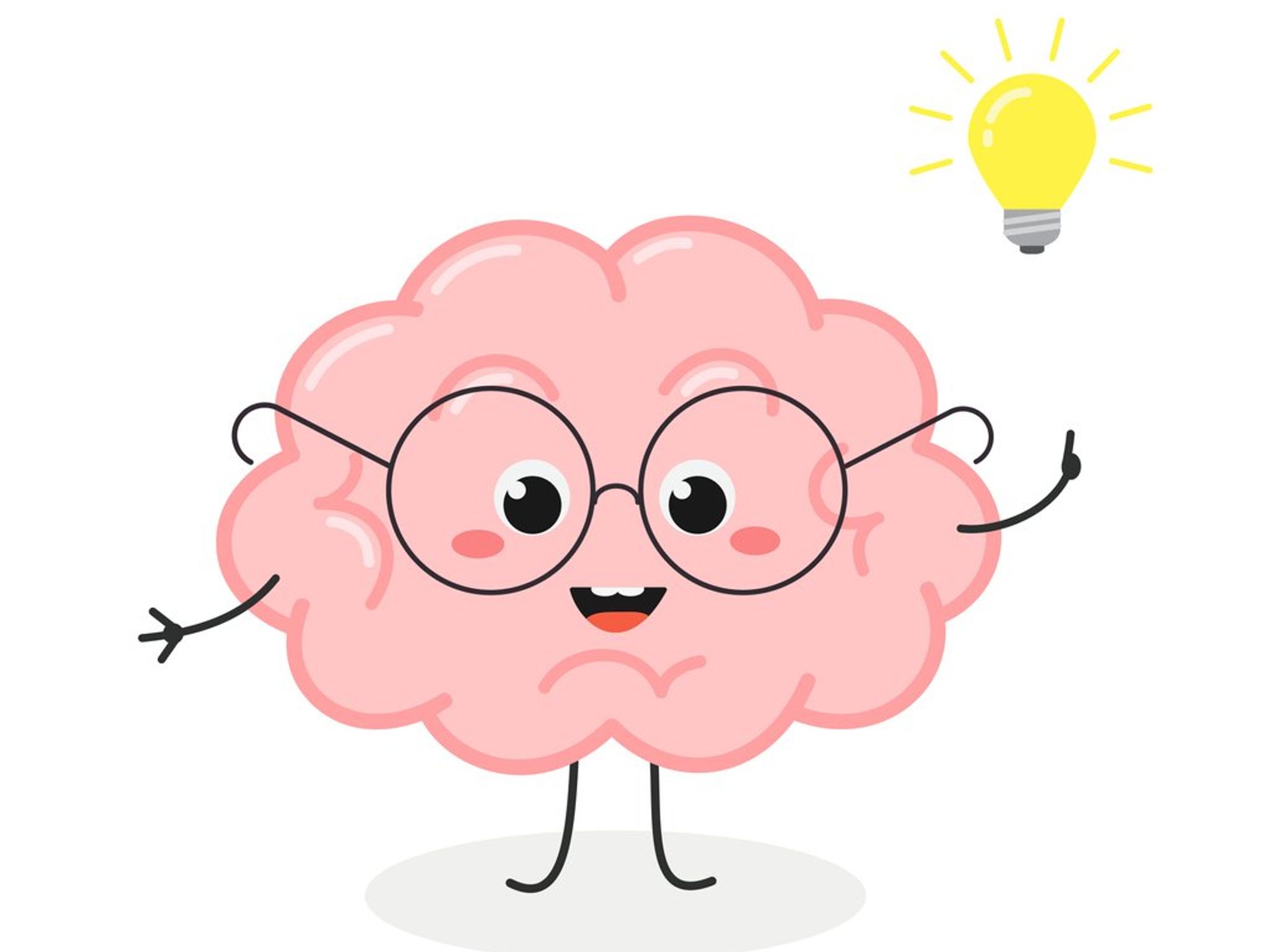
iStock.com/mayalis
Problem-solving is good for your brain, and puzzles allow you to do just that. Crossword puzzles can be especially beneficial for people with memory problems and have been shown to improve cognition. “Crossword puzzles can help build vocabulary, a form of crystallized intelligence,” Chapman said. (Crystallized intelligence is knowledge that comes from prior learning.)
You can also give sudoku and word search puzzles a try. If you want something more hands on, try jigsaw puzzles.
2. Learn a new language
Learning a new language can be difficult, which is why it’s good exercise for your brain. “It takes massive amounts of mental energy to learn a new language,” Chapman said. “This can enable you to communicate with different people, have a richer travel experience and give you a whole new level of understanding in books and movies in the new language.” What’s more, one study found that learning a new language can delay the onset of dementia by several years.
3. Get social
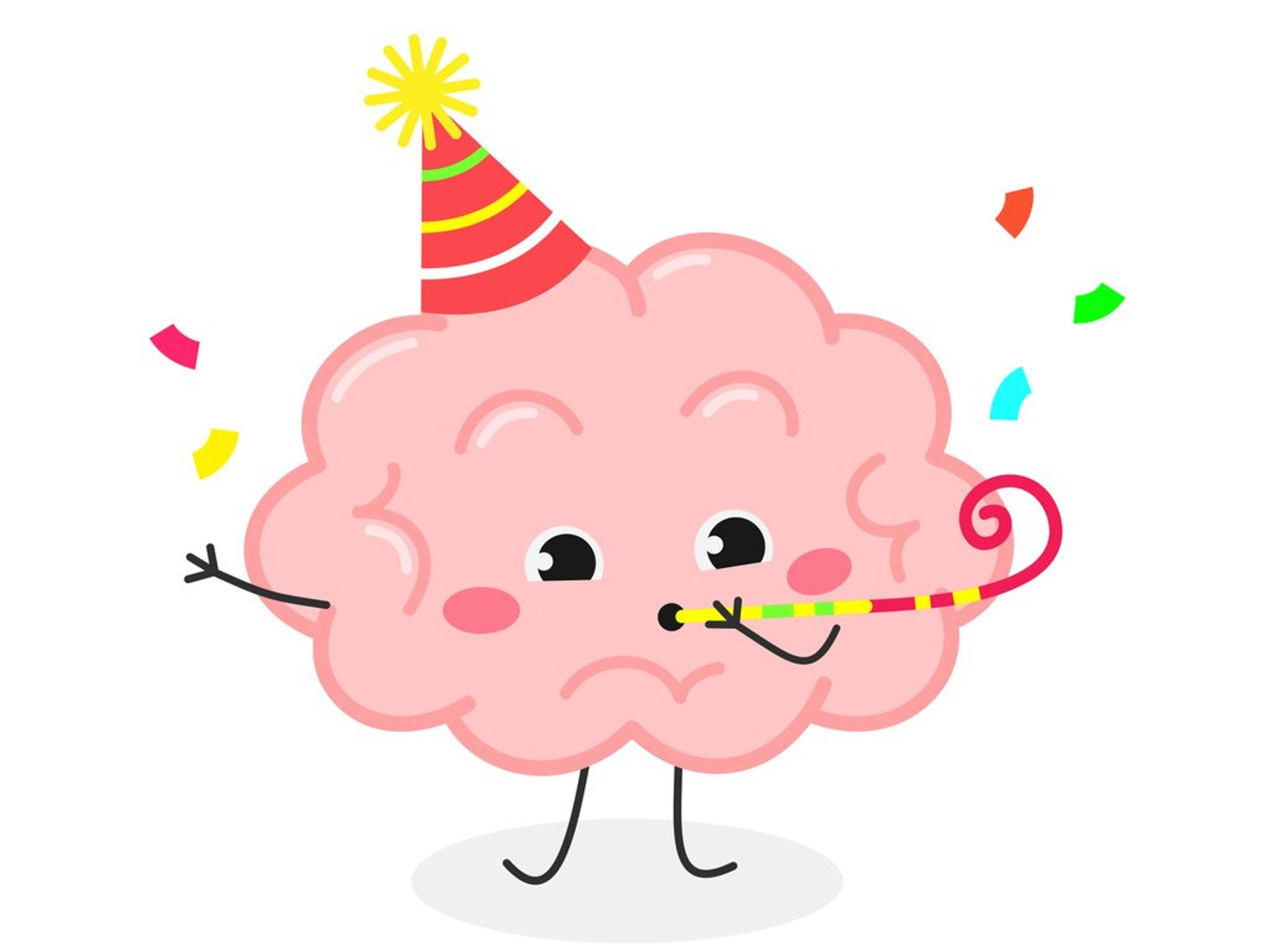
iStock.com/mayalis
Spending time with your friends and family feeds the soul, and may also be good for your noggin. According to Chapman, laughter and deeper social connections are essential contributors to stronger, longer-lasting brain health.
Socializing also stimulates your memory and may reduce the risk of cognitive decline. It may seem like you’re just engaging in friendly conversation, but your brain is engaged.
Social activities can include hanging out with friends but also getting involved in your community, volunteering, attending church functions or joining a club.
4. Dance it out
Turns out you can tap dance (or TikTok dance) your way to better brain health. Physical exercise is good for your brain, and dancing is a great way to have fun while moving. But it also requires you to memorize steps, coordinate movements and socialize with others — which makes it a good brain exercise, too. Taking a ballroom dance lesson in particular can help improve your memory, attention and focus.
5. Perform light exercise
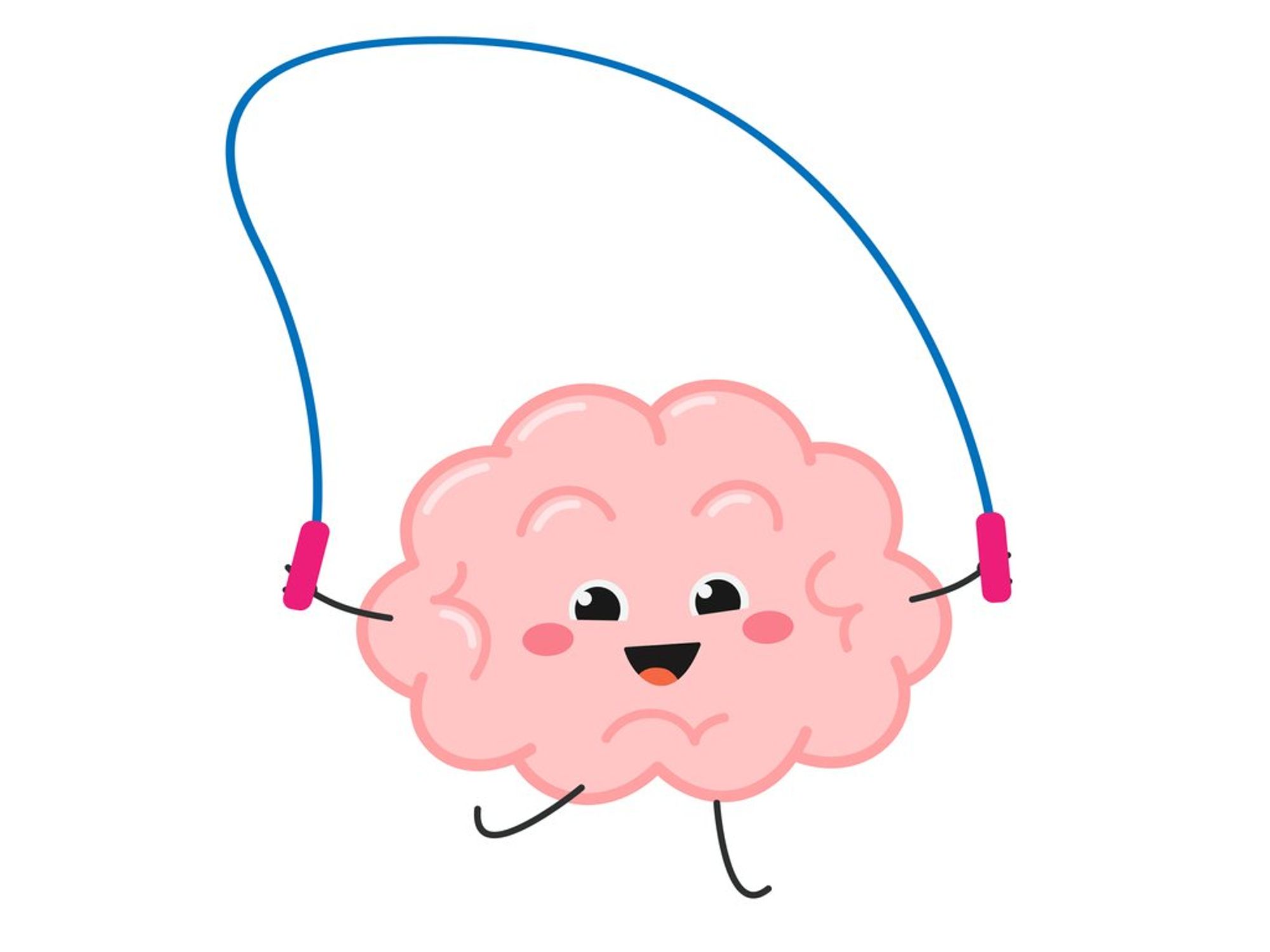
iStock.com/mayalis
Taking your dog for a walk, doing chores around the house and practicing yoga poses are all good ways to stay active, and they’re also good for your brain. Tai Chi is one example of light exercise that has been linked to improved cognitive function. “What’s good for the heart is good for the brain,” said Chapman of why physical exercise is linked to better brain health. “Tai Chi has movement and patterns that are shown to boost memory.”
6. Join a book club
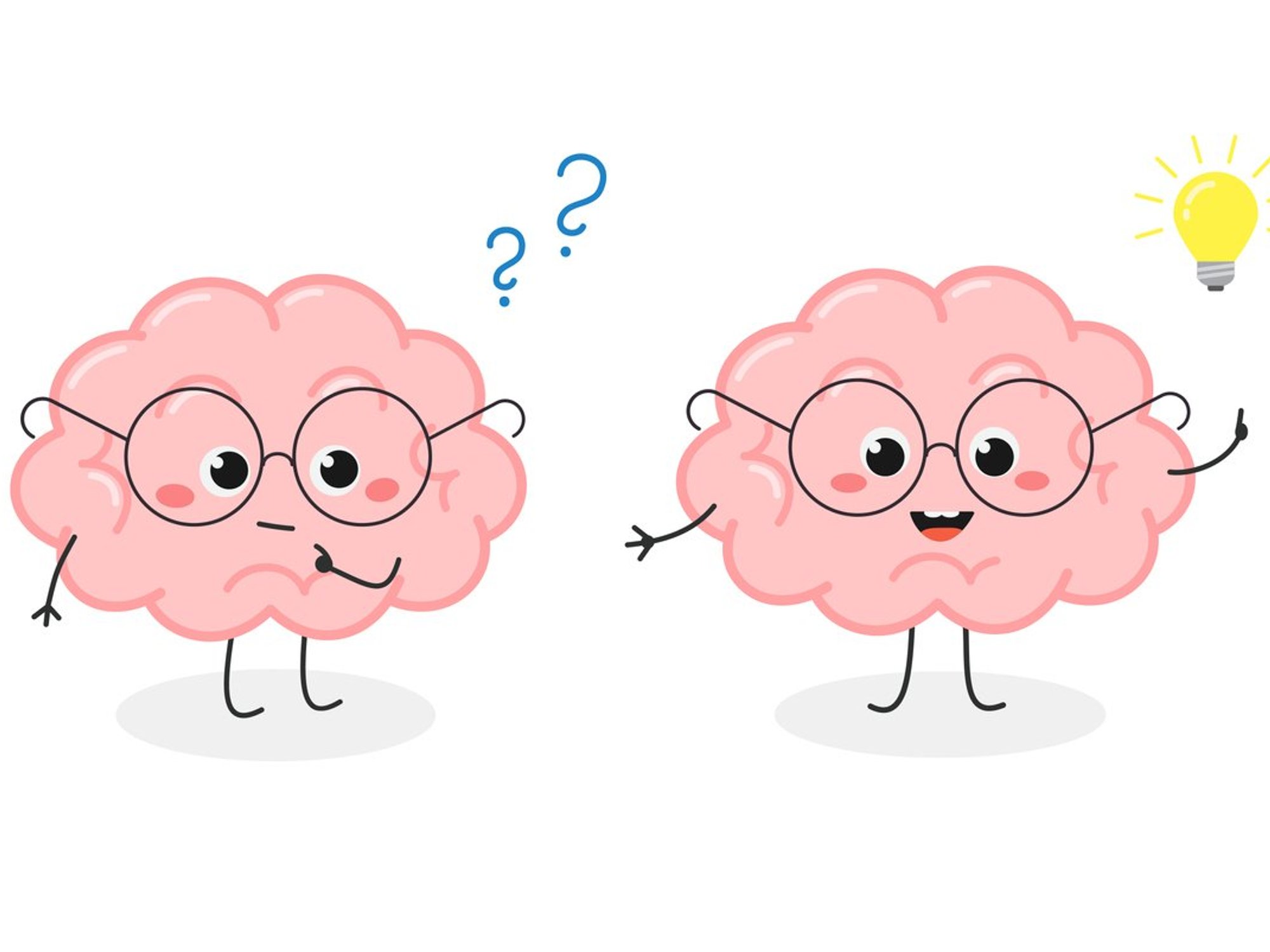
iStock.com/mayalis
Book clubs are a two-for-one brain bonus. They not only encourage you to read more and socialize with new people, they also foster deep critical thinking about the reading material, which is a good workout for your brain.
“You can make reading extra brain healthy by thinking deeply and creatively about what you’ve read,” Chapman said. Try to challenge yourself to come up with new ideas by asking questions like: What lessons did you learn from the reading that inspire changes to your life? If you were to give the book a new title to capture what it was all about, what would it be?
7. Have a family game night
Who doesn’t love family game night? Win, lose or draw, your brain is improving just from playing. Think about it: Your brain benefits from problem-solving, social engagement and stimulation — and game night accomplishes all three.
There’s no shortage of games to choose from — board games, card games and even video games can be good for your brain. You can also attend local trivia events to get your gears turning.
8. Do craft projects
If you love a good DIY project, you’re doing your brain a favor. Many find crafting to be a good stress reliever, which can also boost your mental acuity and brain health. You don’t have to be a skilled artist to enjoy creative activities like painting and drawing. Take an art class or pick up a coloring book to exercise creativity muscles. Or, make a scrapbook to preserve some of your favorite memories.
9. Listen to music
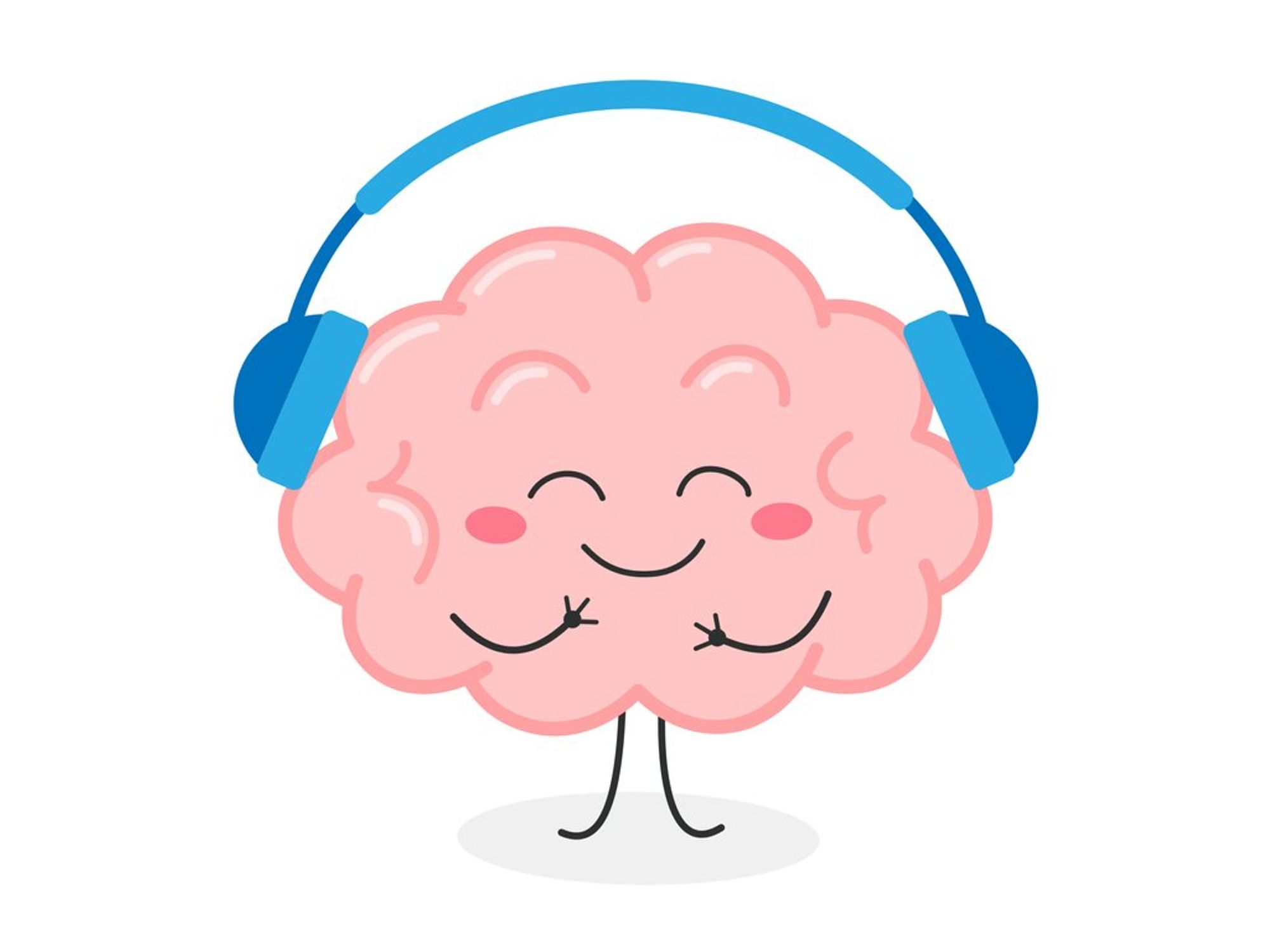
iStock.com/mayalis
Singing lyrics and playing melodies can give your memory a serious workout and help keep your brain young. The brain-music connection works in a variety of ways. Listening to songs can help improve your memory and mental alertness and has other beneficial effects for your brain, too, like improving your sleep quality.
10. Play a musical instrument
It’s not just listening to tunes that can be a real brain booster. Playing a musical instrument may offer some protection against dementia later in life. If you want to stay sharp, try picking up the guitar or oboe-ing your way to a sharper cerebrum.

